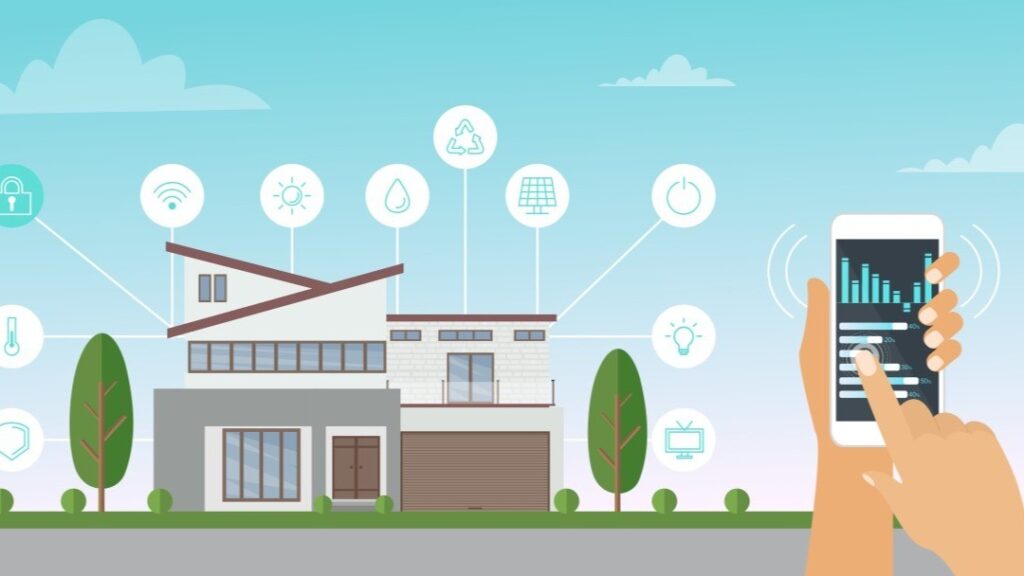Building Performance: Enhancing Efficiency and Sustainability
Building performance refers to the overall efficiency, functionality, and sustainability of a structure in terms of energy use, environmental impact, occupant comfort, and operational effectiveness. A well-performing building optimizes resource utilization while maintaining high standards of safety, durability, and user satisfaction.

Key Aspects of Building Performance

Reducing energy consumption through smart design, efficient HVAC systems, and renewable energy sources.

Ensuring proper ventilation, lighting, thermal comfort, and acoustics for occupant well-being.

Using high-quality materials and construction techniques to enhance durability and safety.

Incorporating eco-friendly practices like water conservation, waste management, and sustainable materials.

Utilizing automation, IoT, and AI to improve operational efficiency and real-time monitoring.
Importance of Building Performance
- Cost Savings: Lower energy and maintenance costs over time.
- Environmental Impact: Reduced carbon footprint and resource conservation.
- Occupant Comfort & Productivity: Improved air quality, lighting, and thermal conditions enhance well-being.
- Regulatory Compliance: Meeting government and industry standards for sustainability and efficiency.

